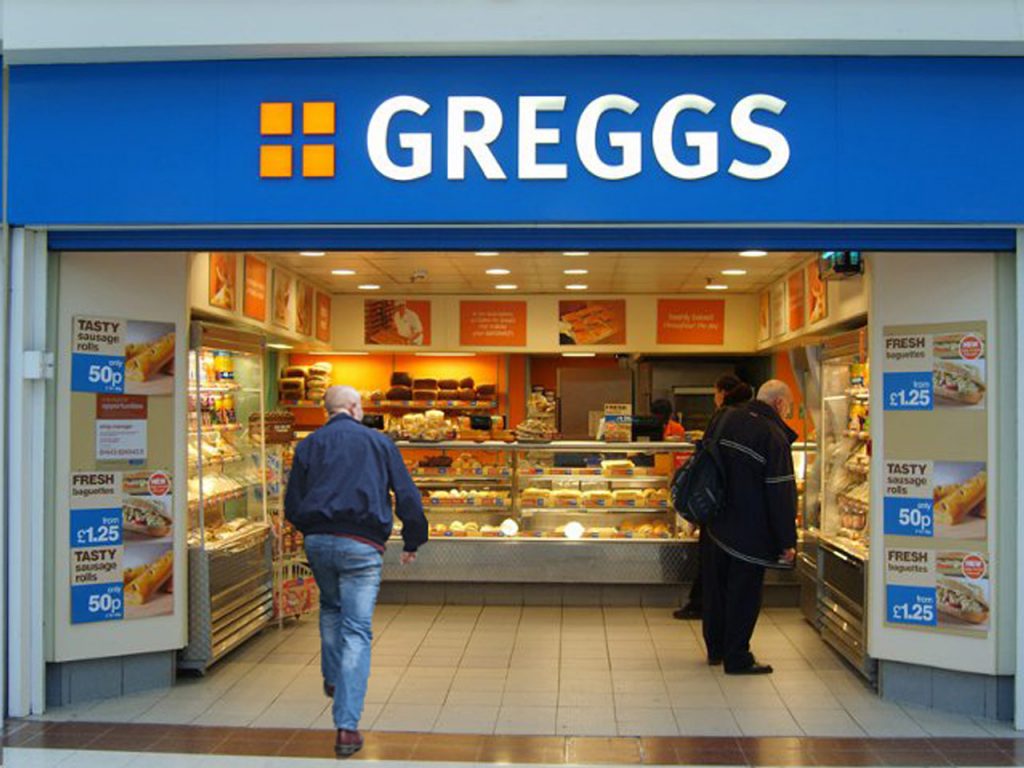The bakery is spending £7 million of its yearly profits on one-off staff bonuses.
Greggs, the bakery chain whose vegan sausage roll was one of 2019’s viral successes, has had a great year, with sales and profits up. Businesses in this position tend to do one of two things with the extra money. The first is that they invest it into expanding the company, by developing a new product, say, or opening new shops.
The second, if they are a public company, is that they give money back to their shareholders. A company is ‘public’ if it sells shares (also called stocks) on a stock exchange. Selling shares is a way for a company to get money to invest in building up its business. Each share is a little bit of ownership of the company. People who buy these shares - so-called shareholders - usually get part of the businesses profits and often have a say in any big businesses decisions the company makes.
Sure enough, Greggs announced 100 new shop openings, additions to its vegan menu, and a £35 million payout to its shareholders (fyi, the technical term for this is a dividend). But it also did something more unusual with its profits - it gave all its employees a bonus of up to £300. Greggs said this was because its workers were a “crucial contribution to business success.''
Plenty of people will think Greggs example of profit-sharing with staff should be more widely copied. For some, this belief mainly comes from a sense of fairness and a desire to reduce wealth inequality between company owners and workers. But others may just see it as a good business tactic. If employees get a share of the rewards when their company does well, they have a bigger incentive to try their hardest to make the company do well, which is likely to translate into things like better customer service and higher productivity.
Read our explainer on: what workplaces aim to do.

